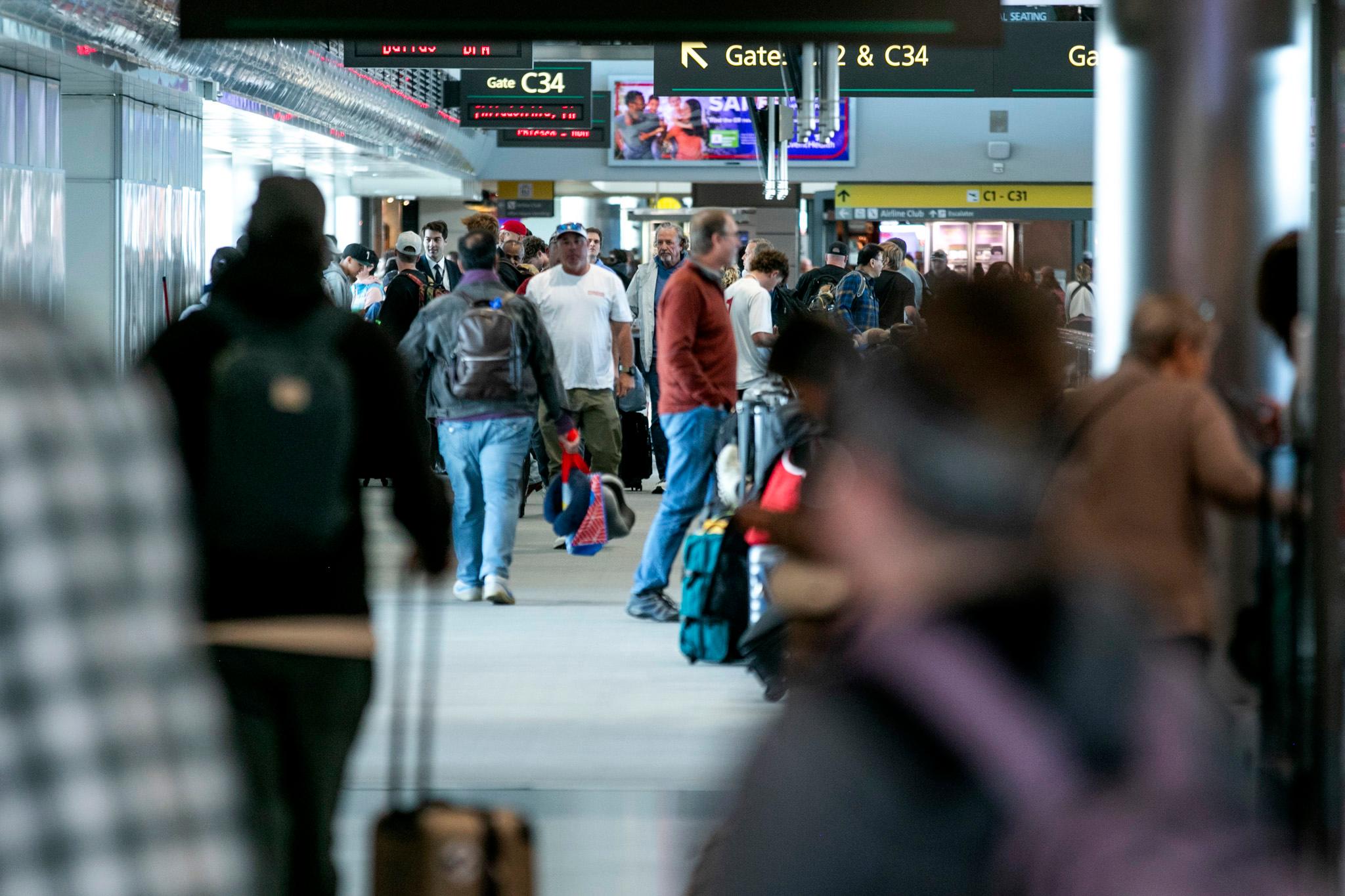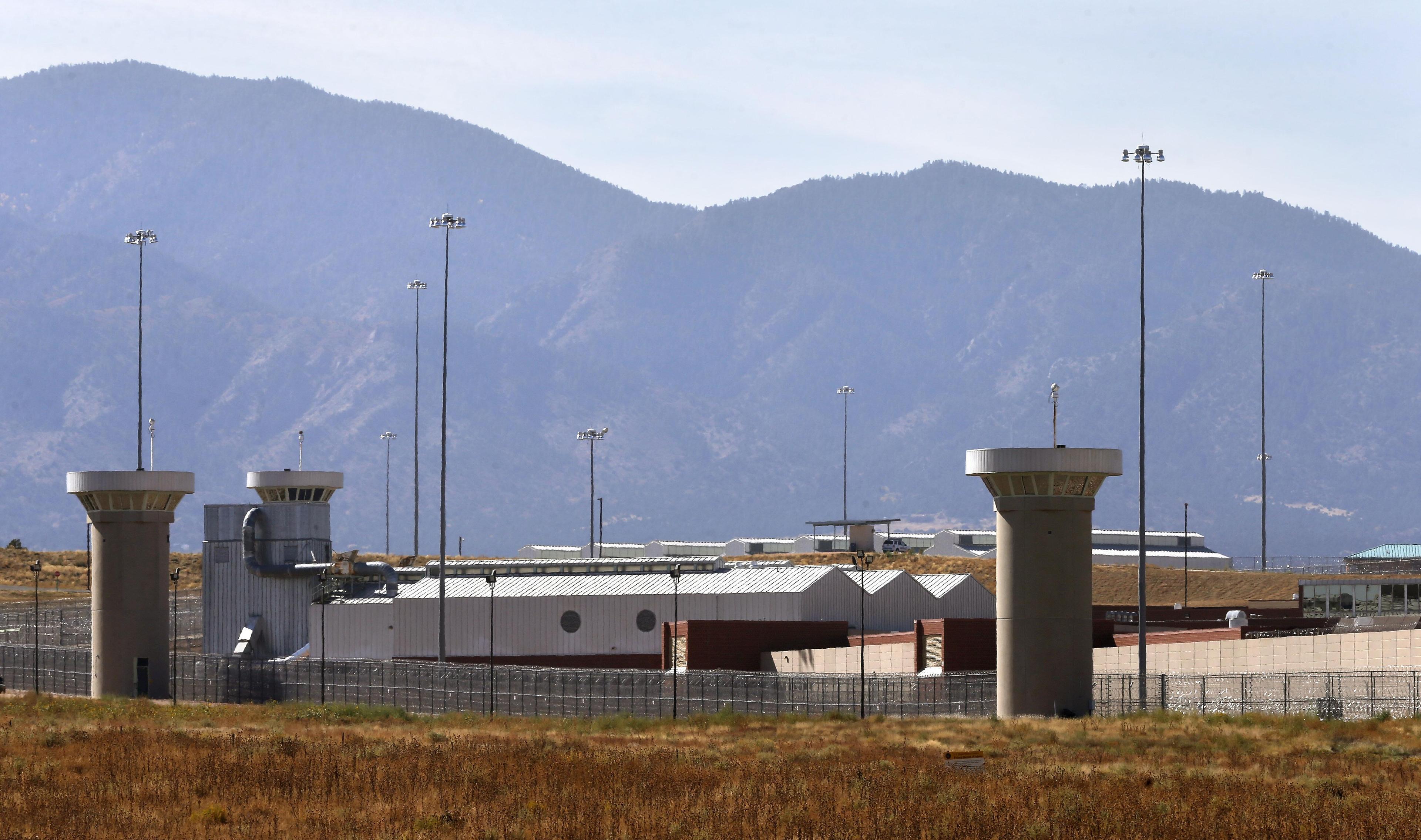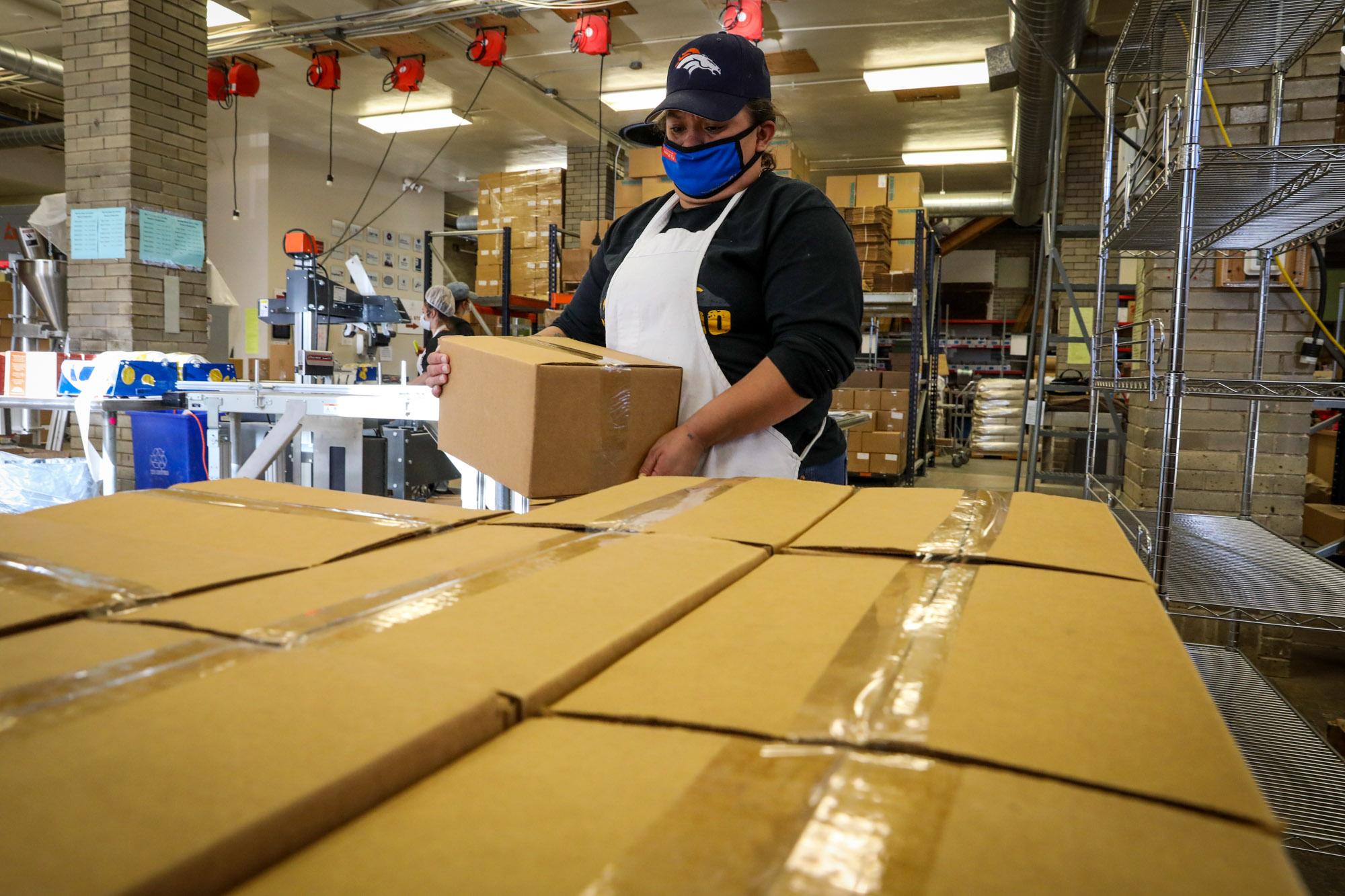
Paul Lhevine, head of the Colorado Nonprofit Association, fields calls every day from anxious or worried members.
“A lot of nonprofits are still finding their federal funds being frozen,” he explained. They call wondering, ‘Is it just because agencies and departments are still trying to play catch up with the judge's temporary restraining order on the freezing of federal funds, or is there something more nefarious going on?’”
Right now there’s a lot of uncertainty over what the federal government is doing — or not — with federal grants and awards. A federal judge has ordered the Trump Administration to lift its freeze on federal disbursements, but many of the states involved in that lawsuit say billions of dollars remain locked up.
The White House and some Republicans at the U.S. Capitol have argued it’s normal and legitimate for a new administration to review funding.
But many of Lhevine’s members worry about what may come next for groups that often serve as a safety net in their communities.
“There is nothing normal about what's going on,” he said. “It's not just the breadth and depth of all of the executive orders. It is the sledgehammer approach to the federal government generally.”
He said it’s distressing to see a sector that does so much good for the state being left in limbo, and warns it could have bigger economic ramifications.
There are about 12,500 nonprofits in Colorado, "who generate $62 billion of economic impact annually. We support 180,000 jobs directly and indirectly. We are socially significant in as much as we are economically significant,” he explained.
The work of nonprofits in Colorado is broad, running the gauntlet from providing meals for kids and the elderly to environmental conservation work to the arts
Rebecca Samulski, executive director of Fire Adapted Colorado, said even with the judge lifting the funding freeze, some groups that participate in her wildfire resilience network say they haven’t been able to receive reimbursements for past work.
“A lot of them are reliant on the regular income from their federal agreements,” she said, adding that while some could operate for about six more months, others will likely only make it a single month.
The uncertainty means Samulski’s members are having a hard time moving forward with new contracts; they’re not sure they’ll be able to pay their contractors because they don’t know when the reimbursements will come.
Samulski said everyone is being conservative about their projects, “which potentially means the loss of a working season for us if it doesn’t get resolved quickly.” Those projects can range from creating fuel breaks to tree thinning.
The advice Samulski is giving to her members is to make contingency plans for how they’re going to do less, with less.
The Boys and Girls Clubs of Metro Denver receives just under $1 million in federal funding to help provide meals for students, offer STEM programs, and make facility improvements. CEO Erin Porteous is thankful that none of their funding has been impacted yet, but she’s worried for the future.
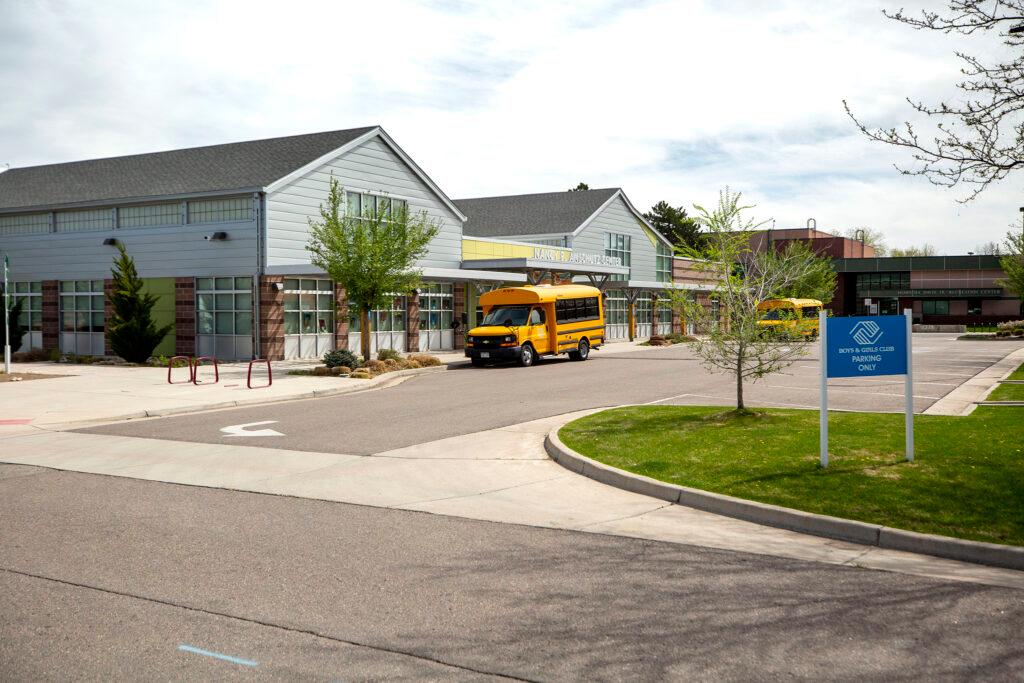
She said the organization relies on a braided model of funding: federal, state, corporations, foundations and individual donations, which insulates it a bit from federal funding shocks. But some of the Boys and Girls Clubs’ partners rely on federal funding for as much as half of their annual budget.
“In this type of environment where those funds may go away, it can be really detrimental to the services that they're offering our communities,” she said.
Porteous has worked in the nonprofit sector for 20 years and she’s seen how new administrations change priorities. The past month has been a different order of magnitude.
“What we haven't ever seen before is where the entire landscape looks different, and it's challenging to navigate, it's challenging to anticipate what the changes may be, and, frankly, what the recourse or the outcomes of those may be for nonprofits,” she said. “When that funding certainty isn't there, it makes it really challenging to plan and to be able to serve the needs of the community.”
And she notes this comes at a time when many of those needs are growing.
It’s not just the non-profit world that is concerned; local governments that partner with nonprofits also worry about the disruption from federal funding shifts.
An official of one Colorado county, who was granted anonymity to speak over fears that the rest of their federal funding could be targeted, said their community relies on nonprofits, especially for social services.
“I think they are living in a world of panic,” the official said of those organizations. “I've heard too that, not only are they not knowing where the next paycheck's coming from, people aren't showing up to get services from them anymore too, which is to me almost even more concerning. I feel like once you lose that connection, it's really going to be hard to build it back,”
The county also receives millions in federal grants for projects like infrastructure, which are now also in doubt because the funding comes from Biden-era legislation, like the Inflation Reduction Act, that’s been targeted by the Trump administration.
“We start these projects with the assumption that the grants we've been awarded are going to come with us or come back to us. These are projects that once we get going, you can't stop them. You can't have half a road built. We can't not pay the people we contract with to do the work. A lot of our construction work, we contract out to local businesses that do it. And that just really directly impacts the economy.”
Coloradofficial who was granted anonymity over fears that the rest of their federal funding could be targeted
The federal funding freeze also has the official wondering what local governments will look like going forward: how will they have to adjust the services they provide with less federal funding.
Boulder-based nonprofit Growing Gardens doesn’t rely on the federal government for all of its funding — like any good nonprofit it aims to have diverse revenue streams —, but the sliver of funding it gets from the federal government is an important sliver. A few years ago, the group got a $350,000 grant from the USDA to more than double its community farm in Longmont, while increasing accessibility and minority involvement.
Now, one of Growing Gardens’ current grants has been put on pause. And while the group has been able to get reimbursements for their farm infrastructure project, they’re no longer sure they can count on that.
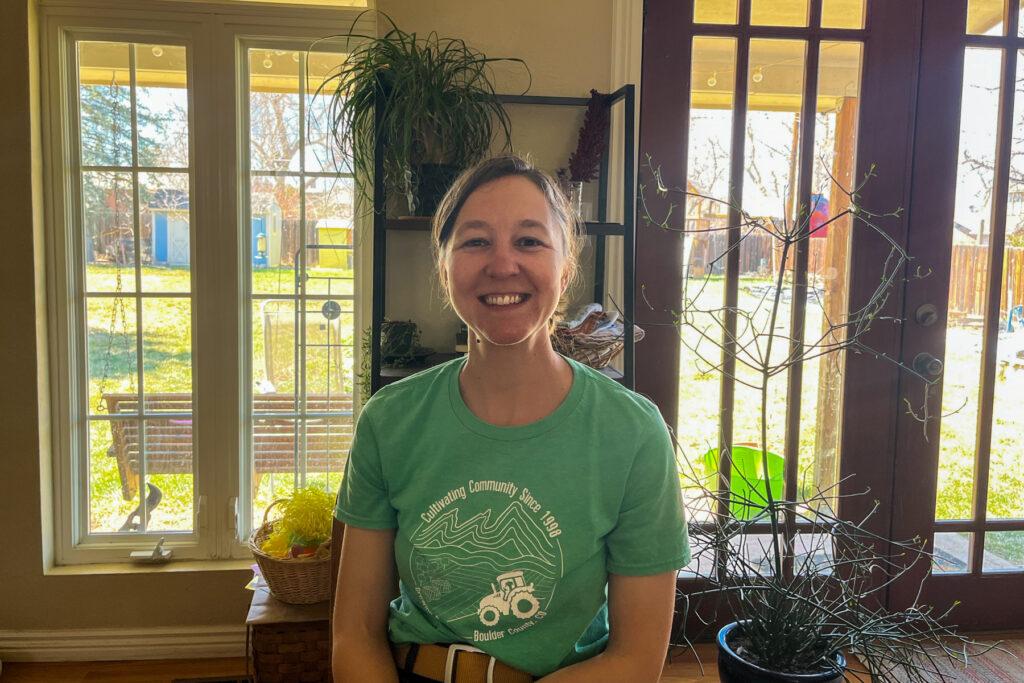
Site Director Lauren Kelso said people can agree or disagree about what the government should or shouldn’t fund, but, “that seems like a sort of thing that should be decided when Congress decides to build these programs and release this funding. It absolutely should not be the sort of thing that is decided after you have signed a contract with our federal government.”
And Kelso has a question “for the billionaires running the country” — Would they tolerate working with someone who broke signed contracts with their companies without warning.
“I want to ask them if they would ever do business with an entity that’s behaving like they are?”
Editor's Note: The story was updated to indicate that Growing Gardens received a $350,000 grant.

